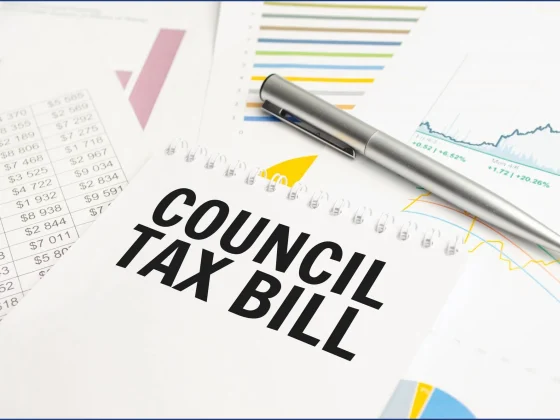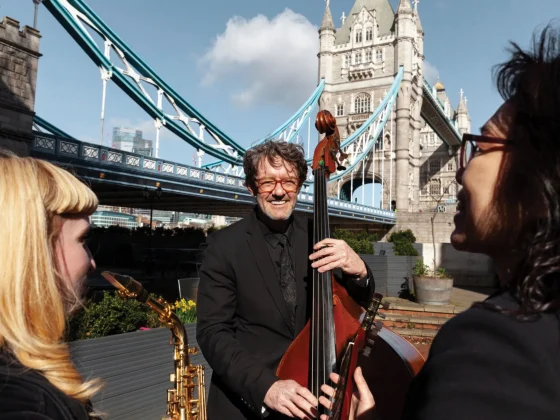If you’ve been wondering, “Could I really do a Master’s or PhD abroad?”, you’re not alone. Concerns about language requirements, finances, or the application process are completely normal. But here’s the good news: with the right information and planning, this dream is more achievable than you might think.
The UK is one of the top destinations for postgraduate study thanks to its world-class universities, shorter course durations, and excellent opportunities for international students. It’s a country full of diverse cultures, where you’ll grow not only academically but also personally.
Of course, adapting to a new country and education system can seem daunting at first, but it’s also an incredible opportunity to challenge yourself, build confidence, and prepare for a global career. If you’re ready to explore this journey, here’s everything you need to know!
🎓 Master’s (Taught & Research)
Most Master’s degrees in the UK last just one year, which is shorter than in many other countries—making it a time-efficient choice.
There are two main types:
- Taught Master’s (MA, MSc, etc.) → You’ll take structured modules and usually submit a dissertation or final project.
- Research Master’s (MRes, MPhil, etc.) → You’ll focus more on independent study and research, often ideal for those considering an academic career.
Application Documents
To apply, you’ll usually need:
- Bachelor’s degree and transcripts
- Statement of Purpose (personal statement)
- English language test results (IELTS/TOEFL)
- Academic references
- CV
🎓 Doctorate (PhD)
A PhD in the UK typically lasts 3–4 years. You’ll conduct original research in your chosen field under the guidance of a supervisor, culminating in a thesis.
There are two main application routes:
- Independent Research Proposal → Write a proposal outlining your topic, why it matters, and how you plan to carry it out.
- Pre-defined Project → Apply to join a project already designed by a university or research team.
Application Documents
You’ll typically need:
- Research Proposal (unless applying to a set project)
- Academic CV
- Statement of Purpose
- References
- English language test results
💰 Tuition Fees & Scholarships
Fees vary by university, subject, and location. Prestigious universities or programs in cities like London are usually more expensive. PhDs are generally longer and costlier, but funding is widely available.
Because Master’s programs in the UK are shorter, the overall cost can actually be lower compared to other countries. Don’t forget to budget for living costs such as accommodation, transport, and food.
Popular Scholarships
- Chevening Scholarship → The UK government’s flagship scholarship, highly prestigious.
- GREAT Scholarships → Offered by selected UK universities, usually up to £10,000 towards tuition.
- UK Research & Innovation (UKRI) Councils → Provide PhD funding in specific fields:
- AHRC → Arts & Humanities
- ESRC → Social Sciences (psychology, sociology, economics, etc.)
- EPSRC → Engineering, Maths, Physical Sciences
- BBSRC, MRC, NERC → Biological, Medical, and Environmental Sciences
Tip: Always check which scholarships apply to your subject area—you may qualify for targeted funding.
🛂 Visa Process
Once you receive an offer letter from a UK university, you’ll need to apply for a Student Visa. Requirements can change, so always check the latest information on gov.uk.
✨ Final Thoughts
Pursuing a Master’s or PhD in the UK can open doors to international career opportunities and personal growth. The process may look complicated, but if you break it down step by step—choosing your program, preparing documents, applying for scholarships, and planning finances—it’s absolutely manageable.
Just remember: deadlines, program requirements, and visa rules can change. Always verify the latest details on your chosen university’s website and official UK government sources.
Good luck on your academic journey! 💌










